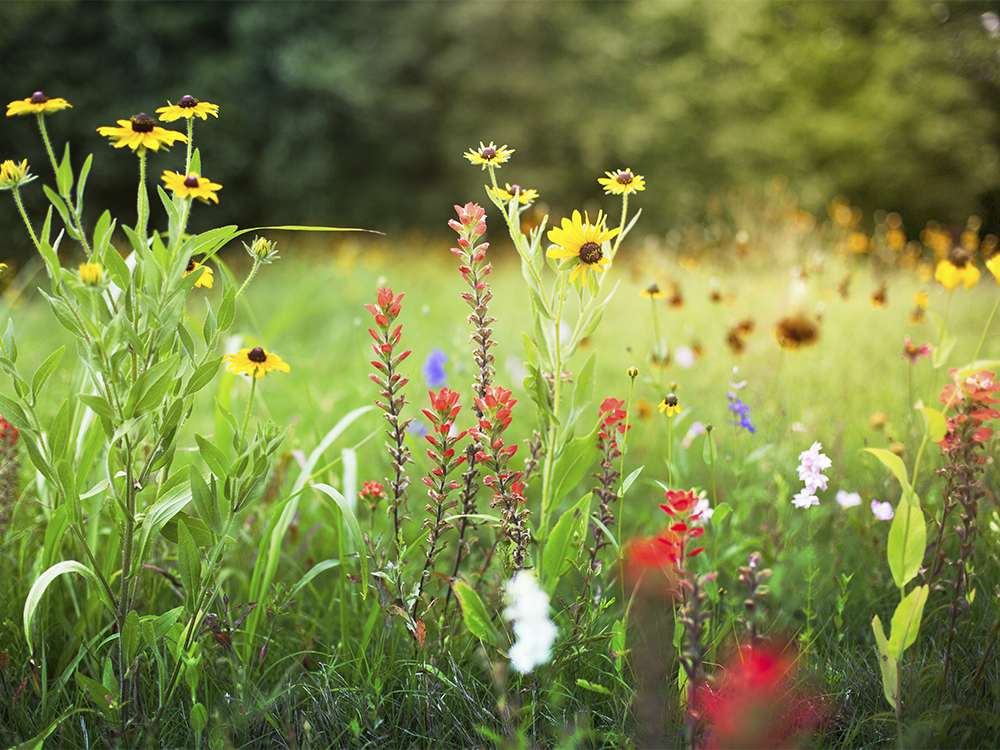How To Practice Sustainability at Home
04.24.2020

With most of North Texas sheltering at home during the COVID-19 pandemic, it can be a good time to develop more sustainable habits that are better for you and the environment.
Gary Cocke, associate director for sustainability and energy conservation at The University of Texas at Dallas, offers the following tips to develop greener habits while maintaining social distancing practices.
“As many of us are slowing down and spending much more time at home, we can use the opportunity to eat better by breaking away from the convenience food that has become a part of our daily routine. Take time to plan and cook your meals, eat more veggies, reduce packaging waste and take better care of your health,” Cocke said.
- Plant your garden – now is the perfect time! Gardens with native plants can support pollinators while conserving water. Social distancing can be observed while visiting a nursery, or order plants online. Check out Texas Smartscape for recommendations on native and adapted plants.
- Connect with nature and become a citizen scientist. City Nature Challenge is a global initiative from April 24-May 3 to catalog biodiversity using citizen scientists. Download the iNaturalist app and snap pictures of any flora and fauna you encounter while observing social distancing.
- Repair items to extend their useful life and to avoid shopping to replace them. Convenience often breeds waste as items become disposable. Instead of tossing out a torn pair of jeans, patch them. Instead of replacing the wobbly chair, repair it. Crafty projects like these are good for the planet, help you stay busy and sharpen skills, and provide a great sense of accomplishment.
- Check your sprinklers. This chore often goes neglected, but is key to conserving water going into summer, when as much as two-thirds of water usage is outdoors and much is wasted due to inefficient irrigation. The City of Plano has a module on maintaining proper irrigation.
- Start composting. Landscape or food waste that is sent to the landfill takes up space and contributes to climate change. The City of Plano website also has a module on how to compost using tumblers, shepherd bins, bokashi systems and worm boxes.
–Robin Russell



